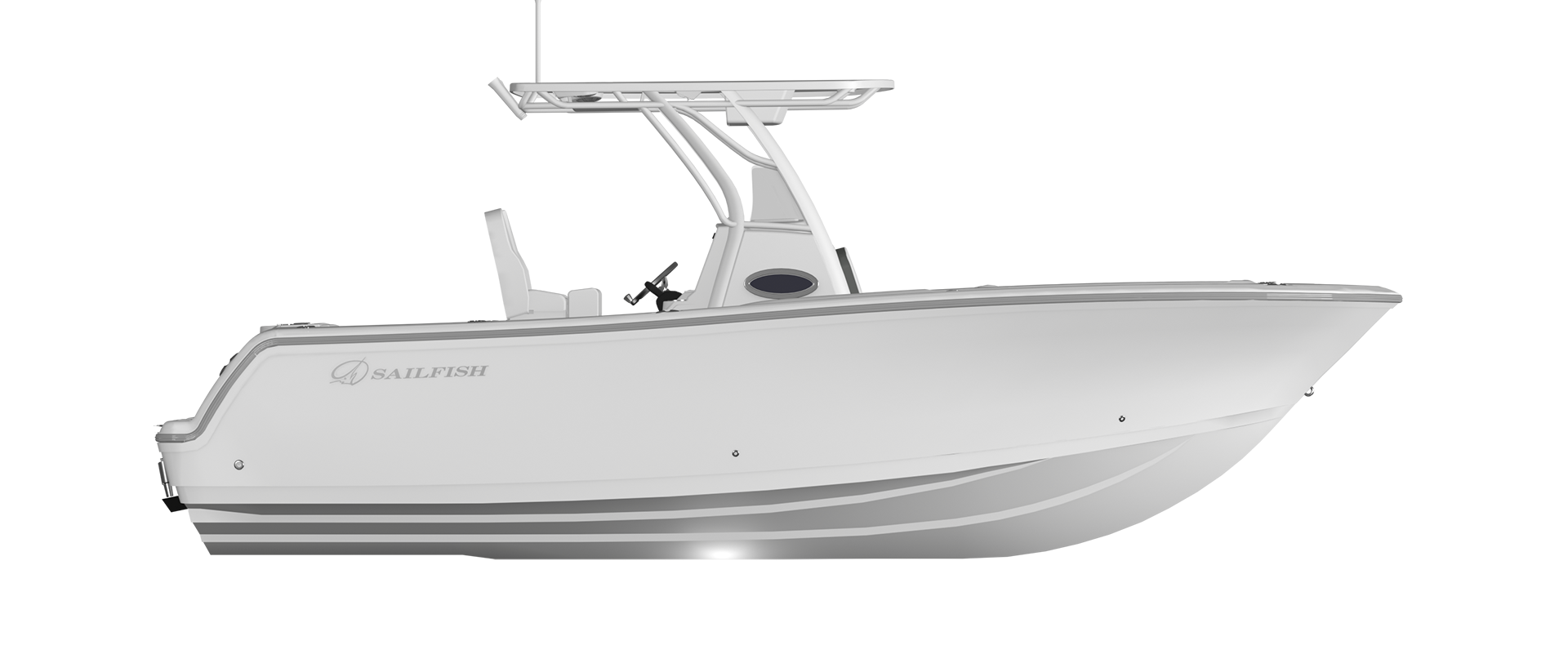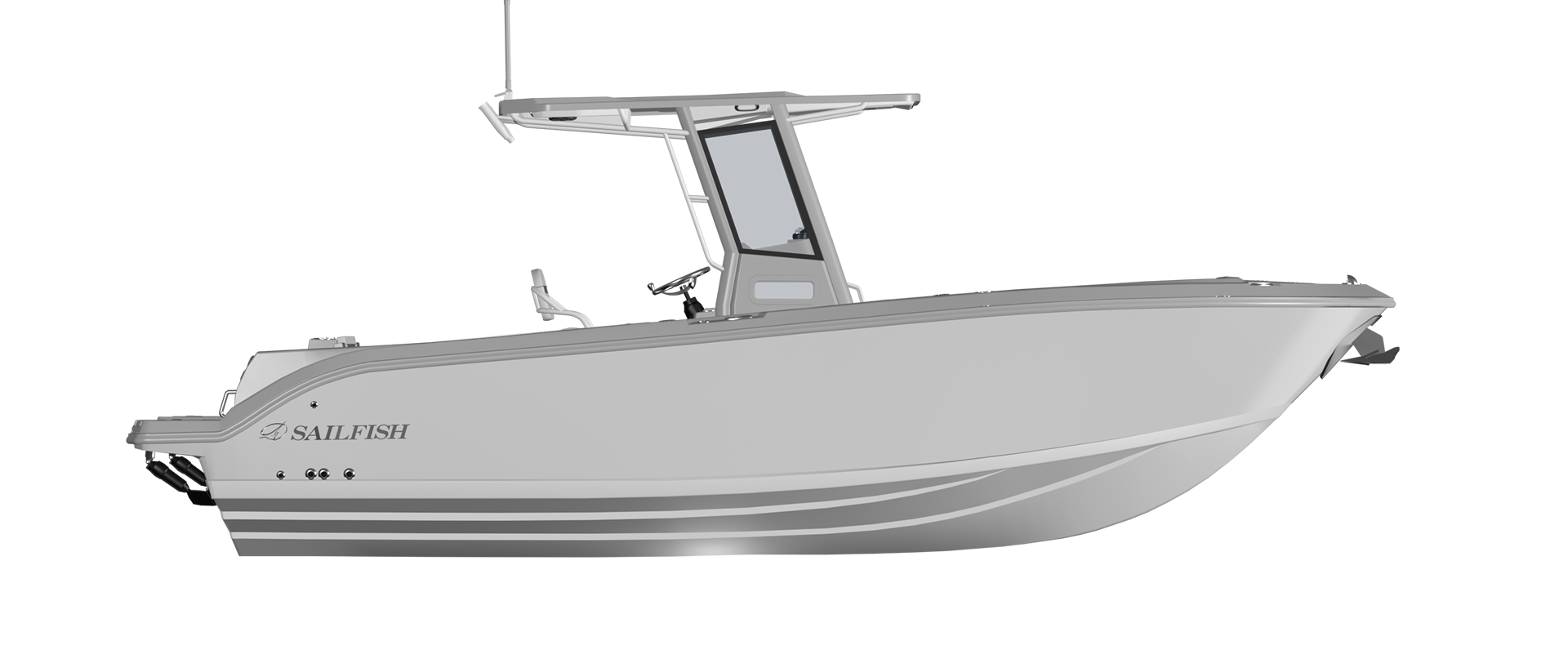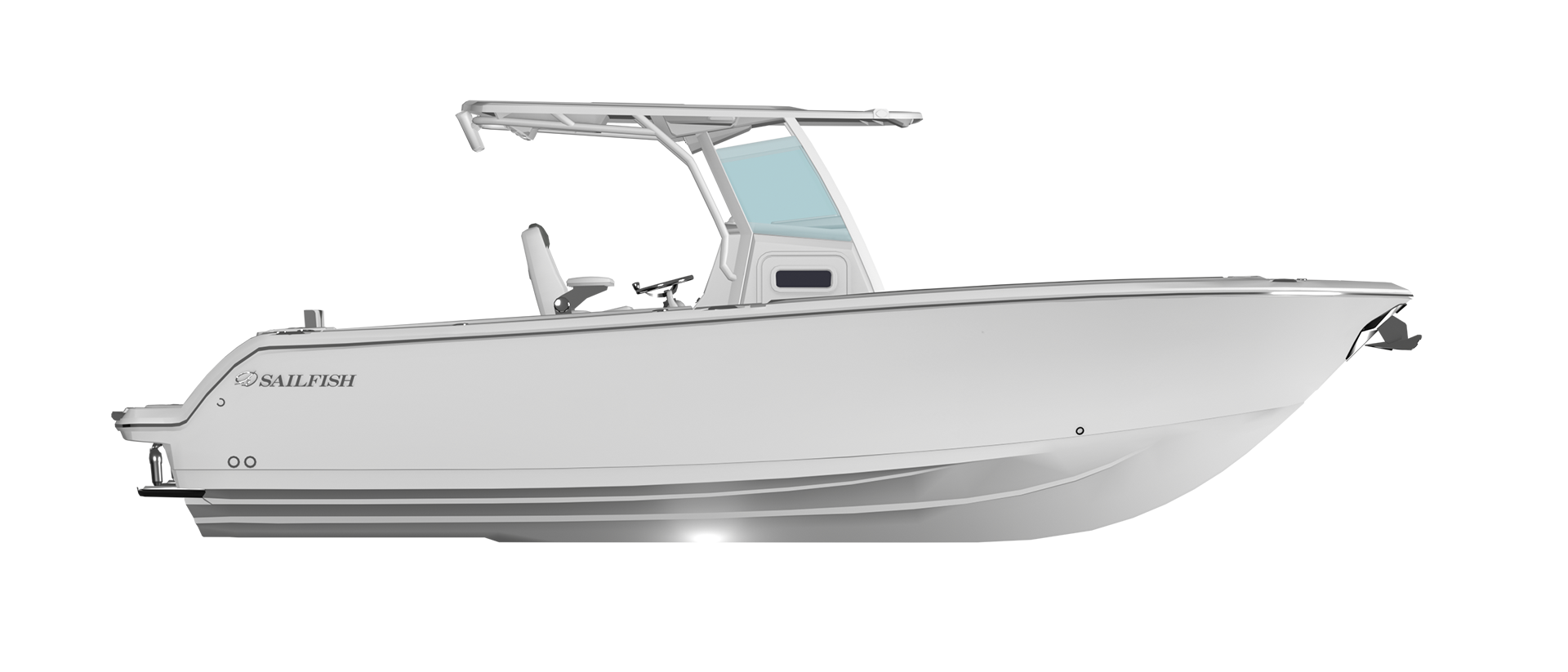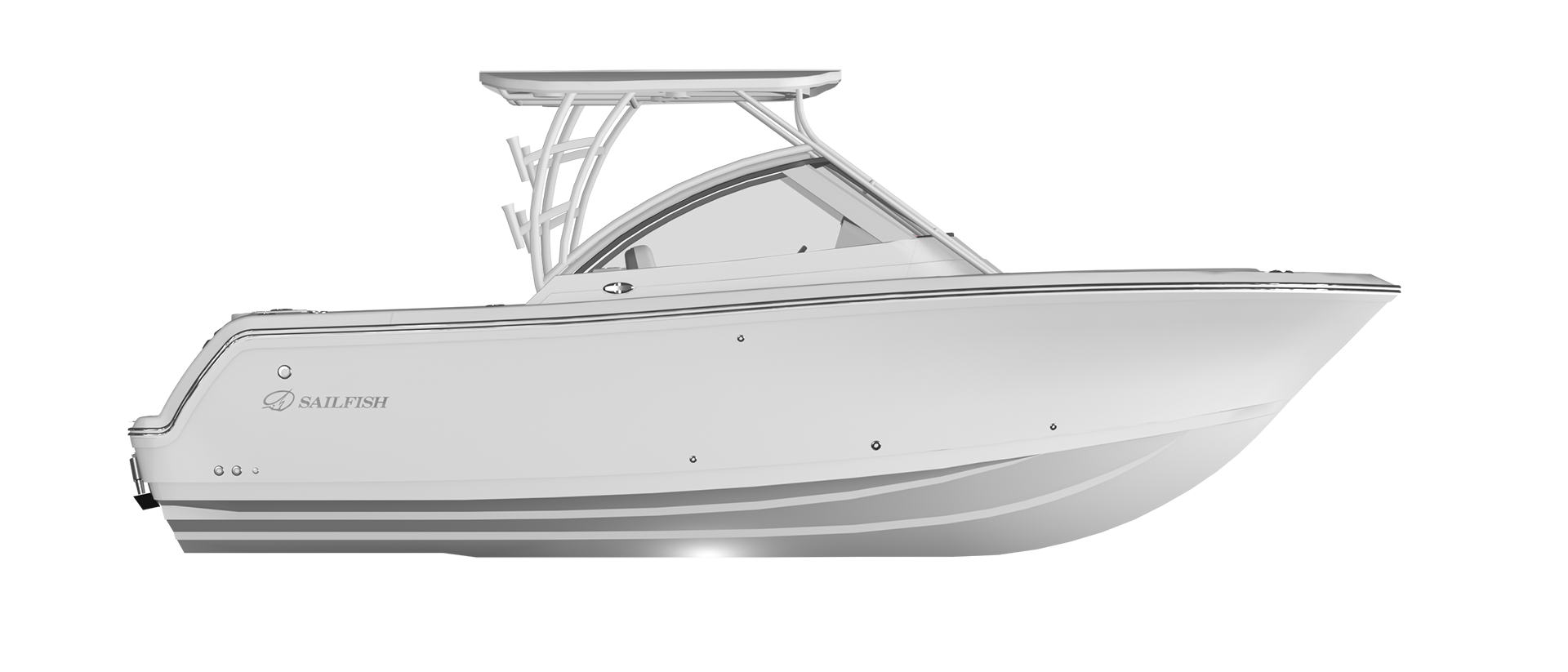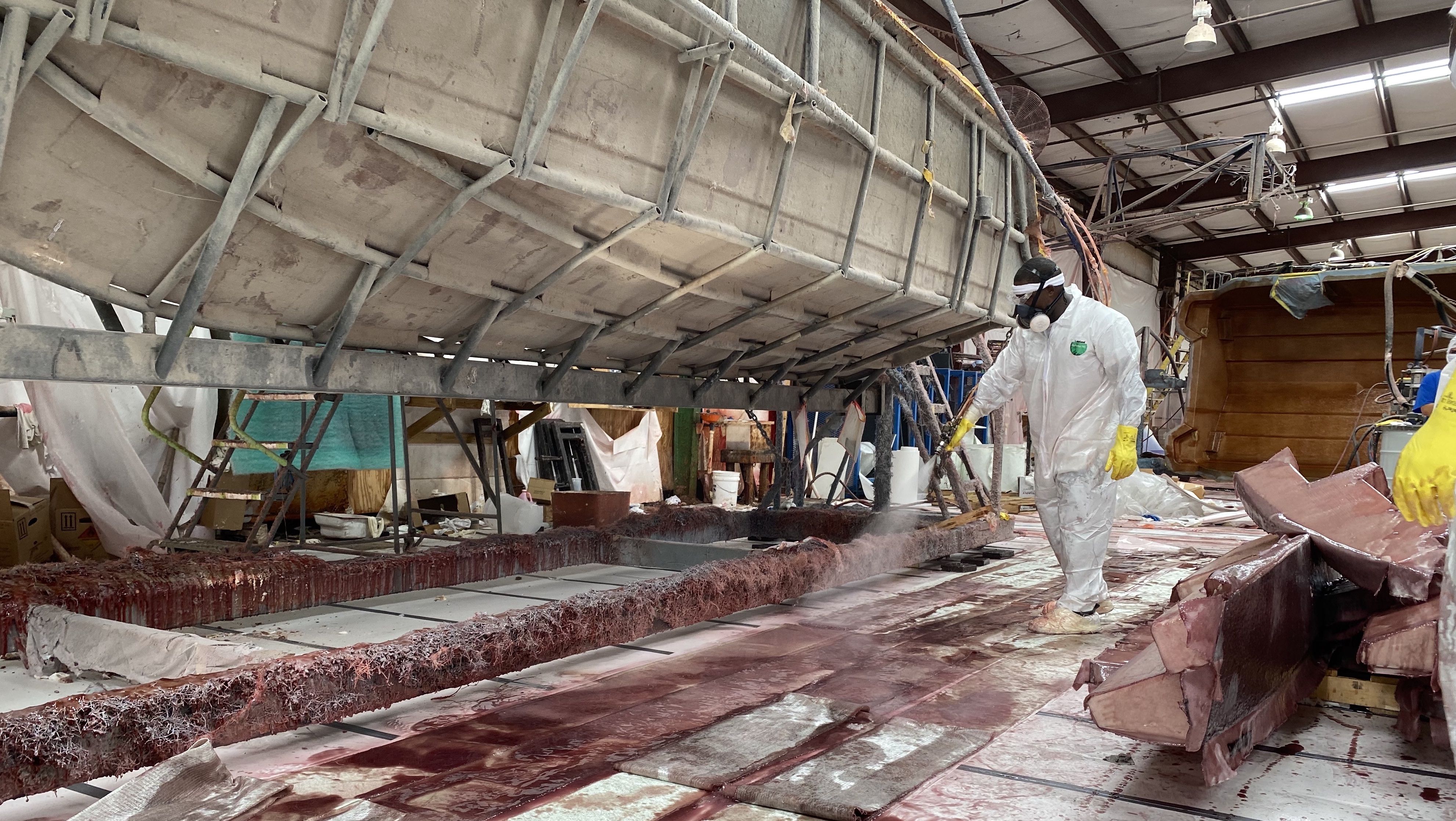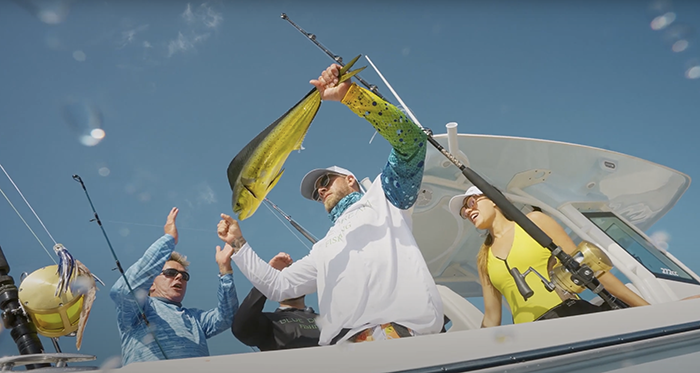DESIGN & TECHNOLOGY
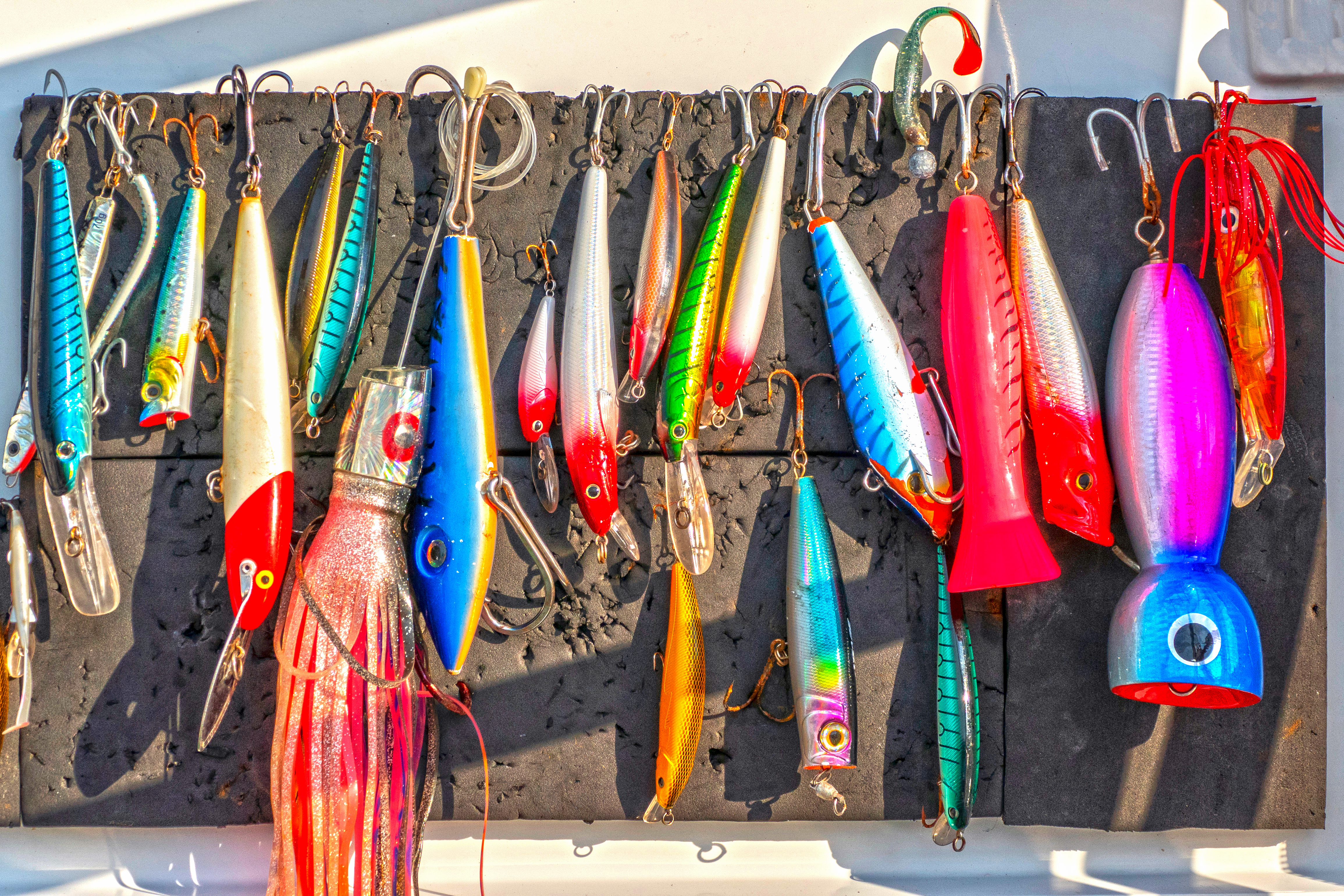
Why You Should Change Out the Hooks on Your Fishing Lures
Posted:18/11/2025 05:42PM
When it comes to fishing, every angler knows the importance of presentation, tackle, and technique. But one of the most overlooked components of a successful day on the water is also one of the smallest—your fishing hooks. Whether you're casting inshore or trolling offshore, the quality and condition of your hooks can determine whether a strike turns into a catch. Regularly changing out your hooks, both on older lures and even on brand-new ones, ensures every bite has the best chance of becoming a solid hookup.
Corrosion Happens Fast — Even to “Rust-Resistant” Hooks
Over time, salt water, humidity, and general use take their toll on metal components. Hooks are particularly vulnerable and rust can creep in quickly, even on stainless or coated options. Once corrosion starts, it compromises the metal’s strength and ability to hold a point. A rusted hook point won’t penetrate as cleanly, and even a minor bend can alter how a lure swims or sets in a fish’s mouth. Inspecting your hooks before each trip and replacing any that show signs of rust or wear is one of the easiest ways to maintain peak performance.
Dull Hook Points Kill Hookup Potential
Even if your hooks look fine, dullness is another killer of opportunity. After repeated strikes or contact with rocks, pilings, or even other gear in the tackle box, the fine tip of a hook can become rounded. You might not notice until one big fish shakes loose because the hook didn’t quite set. Sharpening can extend the life of a hook for a while, but eventually replacement is the best option. A fresh, razor-sharp hook ensures instant penetration and better holding power.
Don’t Rely on Stock Hooks — Upgrade for Your Target Species
New lures aren’t exempt from hook inspection either. Many come with factory-installed hooks that are adequate for general use but not necessarily suited for your specific fishing environment. For example, if you’re chasing big offshore species, the stock hooks on some lures might not have the strength to handle the pressure of a long, hard fight. On the flip side, if you’re finesse fishing inshore or targeting lighter species, smaller and finer-gauge hooks might produce more natural presentations and better hookups.
Upgrading hooks allows you to tailor your setup to your personal preferences. Some anglers swap treble hooks for single in-line hooks to make catch-and-release easier and safer, both for the fish and for themselves. Others prefer stronger hooks with a heavier gauge to handle trophy-sized catches or to prevent the hook from straightening during aggressive runs. Matching hook type and size to your target species, line strength, and rod power gives you a better-balanced setup overall.
Small Tackle Changes Lead to Big Fishing Success
Fishing success comes down to preparation. Replacing hooks is a small step that delivers a major improvement in performance. Whether you're trolling for kingfish offshore or casting for redfish inshore, sharp, reliable hooks can be the difference.
Read on for more Fishing Tips for Success
Search
Subscribe to The Catch




